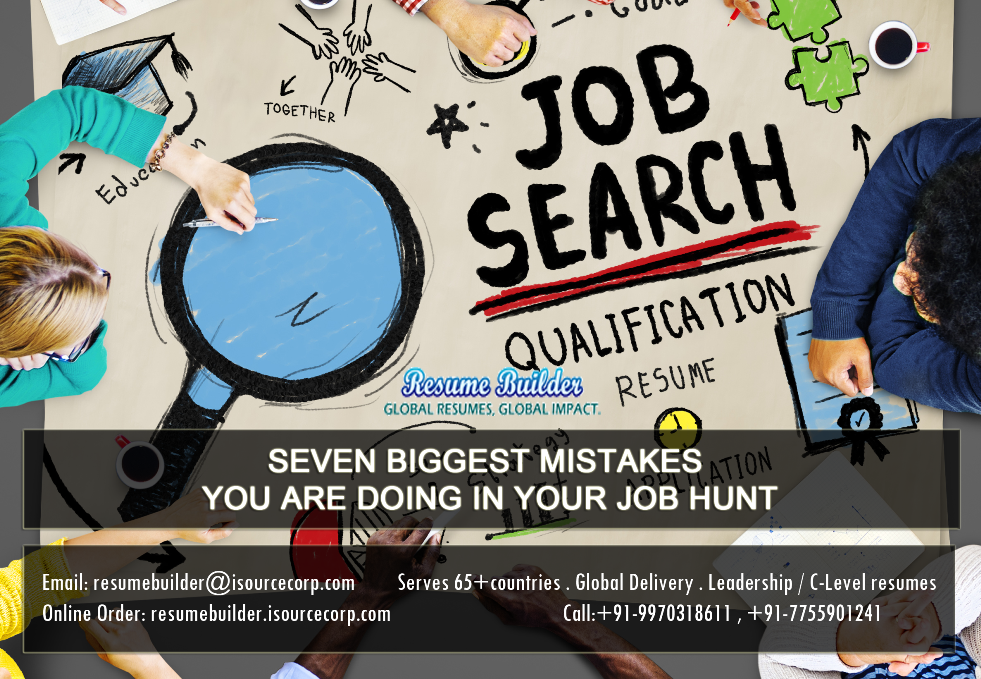6 REASONS WHY FRESHERS ARE STRUGGLING TO GET A JOB IN INDIA
“Youths are the pillars of Nation”, we have often heard the top leaders, politicians and successful entrepreneurs mention the line in their speeches. But they never demonstrate enthusiasm on using the young manpower for the improvement of the country. They generally discuss, however never take any initiative. Each Fresher is having intense time finding a vocation they truly need. Larger part of organisations are enlisting applicants on the premise of references as opposed to the ability and potential. The meriting competitors, just appear to have their own relatives to be with them. Money muscle tussle is constantly common, at whatever point we see work opening, there’s dependably a prerequisite segment which says “Experience… least of 3 years.’
Why don’t they comprehend that today’s Experienced Personnel too were once been the Freshers. The fresh pass outs ought to get chance initially, and afterward just they will get involvement. Situation is that new graduates need to sit tight for a long period of time to land a decent position or else the fresh graduate must be exceptionally brilliant. But what about the average? Here is a look about why exactly they are struggling to land in their dream jobs.
- NOT STAYING UP TO DATE
Gone are the days when just completing any graduation was more than enough to get on with your career. On an average the number reach up to lakhs when we count the number of fresh graduate, out of which nearly 40 % of the Indians remain unemployed even after the one year of their graduation. Since Technology or market is changing each month and each quarter so there is no preparation framework in preparing anybody in these new advancements. For whatever length of time the new graduates don’t read books to learn new advancements and innovations that are not educated in educational programs, they may not get an opportunity to join an organization.
- LACK OF REFERENCES
Shocking but true, the pattern of landing positions utilizing references is still a preferred method of getting a decent job. There have been a few cases wherein normal average students have occupations in top organizations since they have father or uncle working there as boss or supervisor; whereas bright students are still jobless on the grounds that they don’t have a strong reference or enough money to give as bribe. Either ways, an uncalled for and out of line condition is being made which is in the end making the current circumstance grimmer.
- UNWILLINGNESS TO TAKE RISK
Light bulbs were not invented by improving candles, it was done because long back in 1800, Edison believed in his work and took calculated risk. While a company has to prioritize maintaining its systems and enhancing its products, this is not true innovation. Not only light bulb, if we look around more than we see so many such inspiring personalities who believed and took the step towards their dream. Most of the new graduate are like hoards of sheep, with a little zeal to try out new ventures, explore their potential or take risk.
- POOR INDUSTRY TRAINING AND INTERNSHIP
When any organization makes a preparation framework in any new innovation, the innovation may either advanced to another one or totally obsolete. So there are tons and huge amounts of occupations accessible with the IT Industry and the Fresh Graduates ought to produce an enthusiasm for the product innovations and learn them all alone and go to the meeting. The best thing to land a position for a crisp graduate is to pick a couple books on an innovation and ace an innovation as far as ideas and in addition composing a couple of hundred projects around there. At that point organizations will be frantic to take them.
- FAILURE OF THE GOVERNMENTAL AUTHORITY TO TAKE CONCRETE STEPS
Governmental authorities ought to find ways to settle the issue of unemployment for the new graduates. The opportunity has already come and gone the administration stand firm to help the newly graduated experts for getting set in better than average organizations. Government needs to intercede and help these experts with a better than average break.
- LACK OF PROPER RESUME
The competition in the corporate world if hands on, so there is no point in clinging to the old resume formats used by your seniors or elder siblings. The industry is fast changing, the sooner one realises this the better it is. Job hunting is a tough game especially when you are entering the zone for the first time. One dubious advantage most of the experienced professional gets is, they hire professionals who helps them to keep their resumes polished and know how to tailor cover letters in the blink of an eye.
Having said that, it’s not all true that Freshers have not been hired at all. New graduates are taken as learner in the vast majority of the huge private organisations, and some are additionally doing well. Be that as it may, in the event that you discuss the developing organizations, they may not bear the cost of the advantage of taking fresh pass outs as they need to prepare them and sit tight for them to convey the outcomes. Despite what might be expected, less preparing is required for the experienced candidate than Freshers which mean sparing of time and assets for the organization. Furthermore, experienced applicants know the environment and conduct of the organization.
Dominant part of HR Consultancies consider that accomplished competitors are better. Or, then again perhaps not but rather it is anything but difficult to take choice for any organization to choose experienced competitor than Freshers. Any HR Consultancy doesn’t welcome the Fresher’s CV since they too are working for procuring and for satisfying the necessities of the organization. So the solution is very clear and simple, while still at college one can enhance their skills by clearing certification, gaining internship experience, adding new skills and staying up to date with latest trends and techniques.
Post Author:
Amrita Kolay







